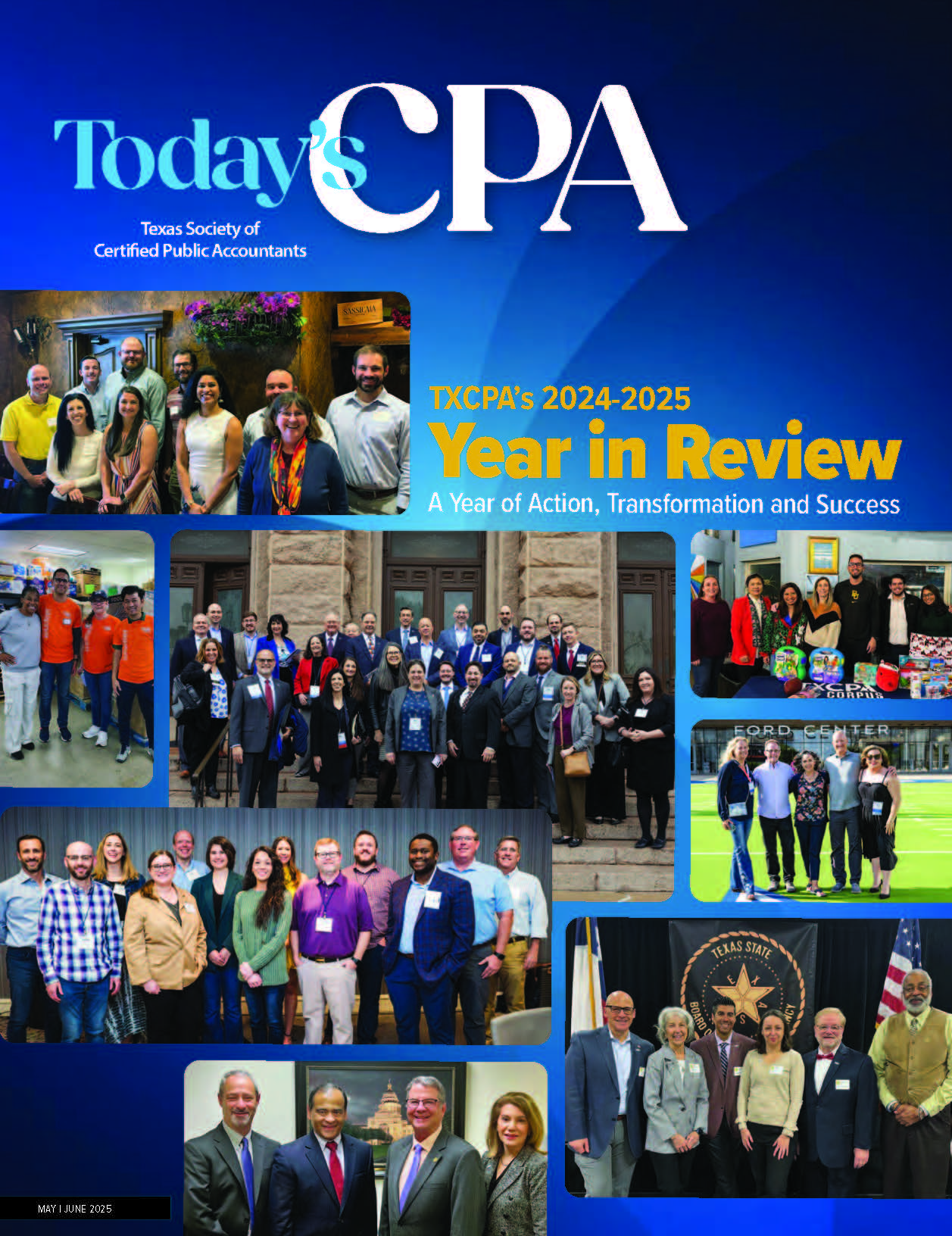September 01, 2024
Optimizing Consultant Engagement for Business Growth
By Parisa Mansoori, CPA, MBA
Managing a growing company is no easy feat. Besides running day-to-day operations, business owners must also juggle strategic planning, financial management, marketing and sales, legal and compliance, risk management, and everything in between.
In large, established firms and companies, specialized departments with dedicated experts focus on executing objectives in each area. However, in smaller, growing firms and companies, where roles are more fluid, it can be challenging to ensure all functions receive the necessary attention and align with common goals.
Engaging consultants to assist in achieving business goals can be a tremendous relief to business owners. They bring extensive exposure to various scenarios, offering unique expertise and effective solutions. In addition, they can aid in developing strategic plans, resolving specific problems, implementing new technologies, teaching new skills, and sharing valuable insights. With years of experience, they often bring best practices and innovative ideas to enhance efficiency and effectiveness.
Consultants can also provide objective perspectives during periods of change and crisis response, and offer expertise in strategy, human resources, operations, risk and compliance, and financial matters. When lacking in-house expertise, seeking a second opinion or needing business restructuring, they can be a valuable resource.
However, consultants can be costly and as with any significant expense, business owners must approach the decision to engage consultants thoughtfully and strategically to maximize their return on investment (ROI). To achieve the best results from the relationship, several steps can be taken before, during and after the engagement.
Before engaging consultants, it’s crucial to start with a clear roadmap for success. Defining objectives and desired outcomes, along with specific metrics to measure progress, will lay the foundation for a fruitful collaboration.
Keep in mind that most consultants possess specialized expertise and experience. To maximize the benefits of their involvement, ensure that your goals and objectives align seamlessly with the services they offer. For example, suppose you have identified consistently lower sales related to a particular service line and suspect an underperforming marketing campaign. Bringing in a marketing consultant with relevant industry experience would be a smart move.
Crafting a well-defined project scope and objectives not only assists in identifying the right individual for your unique needs, but also serves as a valuable tool to measure the project's success.
To make the most of the engagement, it’s essential to establish clear expectations from the start. When working with a marketing consultant, for instance, have a candid discussion about the deliverables you expect from them and how success will be measured. It could be a comprehensive report highlighting actionable suggestions to enhance your marketing strategy, or perhaps you envision them taking a hands-on approach to implement the strategy and achieve a 5% sales increase within a year. These critical details should be openly communicated and agreed upon to ensure a successful and rewarding partnership.
By thoughtfully defining your objectives, aligning with the right consultant’s expertise and setting realistic expectations, you pave the way for a powerful collaboration. Embrace this proactive approach and it can be a catalyst for transformative growth.
Once your consultant is on board, establishing a collaborative working relationship is vital for a successful project. Ensure that the individual receives the necessary cooperation from your internal team and has access to essential data, documentation and software. This sets the stage for efficient and effective progress toward achieving your project objectives.
It’s important to strike a balance between giving your consultant the space to create and develop solutions while maintaining oversight. Being available for feedback is crucial, as it fosters a dynamic and productive working environment.
To keep things on track, establish reasonable milestones, deliverables and deadlines. These help maintain focus and provide opportunities to address challenges and make necessary adjustments as the project progresses.
As the engagement progresses, don’t forget to assess the benefits of the work being done. If you defined a clear scope and metrics at the project’s outset, measuring progress should be straightforward.
Additionally, consider evaluating the intangible benefits, such as how the consultant’s presence and contributions have impacted your team's skills, confidence and ability to tackle future challenges. Consultants often bring intangible value, leaving a positive and lasting impact on your team's readiness to handle new obstacles with confidence and proficiency.
As the engagement nears completion, don’t neglect to create a transition plan for your consultants and staff. Ensure all deliverables have been properly transferred, and knowledge is effectively shared with your permanent staff and leadership team.
By taking these informed steps, you pave the way for a seamless working relationship and set the stage for remarkable results. Collaborate effectively, assess progress wisely and execute a well-planned transition.
When the engagement has concluded, maintain a long-term relationship with your consultants. Even if your immediate business needs have been met, keeping in touch can be a strategic advantage. Cultivating this connection proves valuable for tackling future challenges and capitalizing on opportunities. By skillfully managing the relationship, you unlock the full potential of the benefits consultants bring to your business, empowering you to navigate the complexities of managing a growing firm or company with heightened confidence.
 Consultants offer valuable expertise, diverse experiences and innovative solutions tailored to address specific challenges and elevate overall business performance. To make the most of the engagement, approaching the decision thoughtfully and strategically is of paramount importance. Embrace the collaborative power of consultants and watch your business thrive like never before.
Consultants offer valuable expertise, diverse experiences and innovative solutions tailored to address specific challenges and elevate overall business performance. To make the most of the engagement, approaching the decision thoughtfully and strategically is of paramount importance. Embrace the collaborative power of consultants and watch your business thrive like never before.
About the Author: Parisa Mansoori is a Senior Manager at Arcus Advisors. Contact her at parisa.mansoori@arcusadvisors.com.
| Key Points to Consider Benefits of Hiring Consultants: Consultants bring experience, best practices and innovative ideas that can improve efficiency, enhance effectiveness and provide objective perspectives for the business. Strategic Use of Consultants: Due to the significant costs involved, engaging consultants should be done thoughtfully and strategically to maximize ROI. Define Objectives: Before beginning a project, clearly define your business objectives, desired outcomes and specific metrics to measure progress. Align Expertise with Business Needs: Ensure that your goals align with the consultant's specialized expertise to achieve the best results. Set Expectations and Monitor Progress: Ensure there are clear expectations from the outset, including deliverables and success metrics, to create a productive partnership. Establish milestones, deliverables and deadlines to track progress and adjust strategies as needed during the engagement. |
|---|
Thanks to the Sponsors of Today's CPA Magazine
This content was made possible by the sponsors of this issue of Today's CPA Magazine:


















